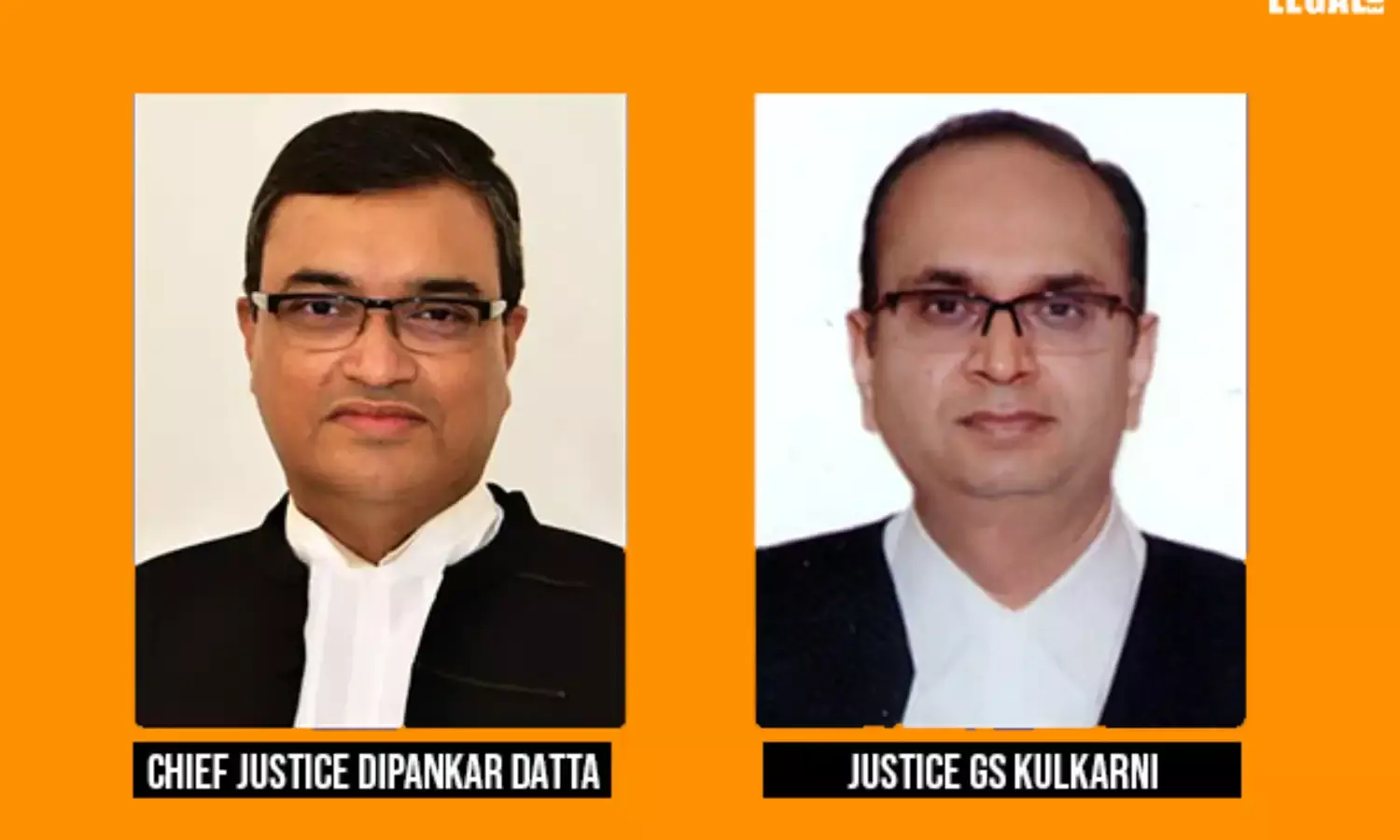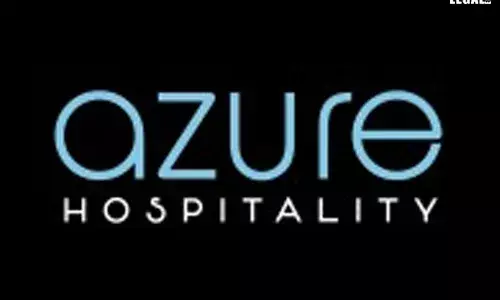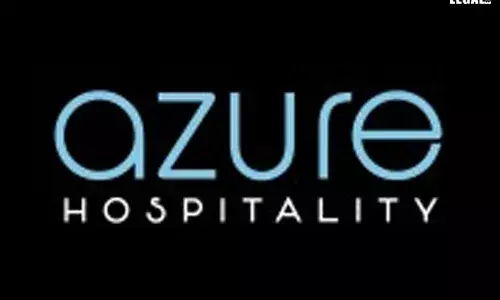Bombay High Court Issues Guidelines on Effective Compliance with POCSO Act
The Bombay High Court (HC) in the case titled Arjun Malge v. State of Maharashtra issued guidelines for effective compliance;

Bombay High Court Issues Guidelines on Effective Compliance with POCSO Act The Bombay High Court (HC) in the case titled Arjun Malge v. State of Maharashtra issued guidelines for effective compliance with the provisions of the Protection of Children from Sexual Offences Act (POCSO Act) to ensure participation of victim in various stages of the judicial process. The HC bench comprising...
Bombay High Court Issues Guidelines on Effective Compliance with POCSO Act
The Bombay High Court (HC) in the case titled Arjun Malge v. State of Maharashtra issued guidelines for effective compliance with the provisions of the Protection of Children from Sexual Offences Act (POCSO Act) to ensure participation of victim in various stages of the judicial process.
The HC bench comprising of Chief Justice Dipankar Datta and Justice GS Kulkarni issued directions imposing additional duties upon the Special Juvenile Police Unit (SJPU) to intimate the victim's family.
The HC said that if an application is moved in POCSO matters by the prosecution or the defence then it shall be the duty of the SJPU to inform the relevant Court about the service of such application and notice of hearing along with proof of service.
A criminal appeal was filed by Arjun Malge who is a social worker wherein he highlighted certain provisions of the POCSO Act and CrPC including Section 40 (right of child to take assistance of legal practitioner) of the POCSO Act, Rule 4(2)(f) (inform the child of such right) of the POCSO Rules and Section 439 (1-A) (presence of victim/ guardian/ legal counsel during the hearing of bail application moved by accused) of the CrPC. The said provisions of POCSO and CrPC applied to victims of offence of rape under the Indian Penal Code.
The petition sought for mutatis mutandis application of those provisions to the POCSO offences too. The petitioner was aggrieved by non-compliance with the aforesaid provisions filed a plea before the HC for seeking an authoritative pronouncement and appropriate directions/ guidelines from the Court.
On behalf of the petitioner, it was claimed that neither the police nor the trial court was taking appropriate steps to inform the victims/ complainants about the bail applications moved by the accused in cases falling within the purview of POCSO Act that is in violation of Amendment Act of 2018 to the Criminal Code.
Following submissions were made by the petitioner before the HC-
1. Section 40 of the POCSO Act deals with the right of the victim to engage legal counsel for representation in the Court and it is not just limited to seek legal advice.
2. The victim has a right to be kept informed about the arrest and every application made during the hearing gave a right to the victim's counsel to be present and participate in the proceedings inherently provides the right to the child's lawyer to be present and participate in the proceedings.
3. The right to appoint an advocate also envisages that the advocate can participate in the proceedings under the directions of the public prosecutor.
4. Offences covered under Section 439 of the Indian Penal Code that deal with offence of rape in such a case the Court must necessarily hear the person before granting bail.
The Court directed that if in case service of application to the victim is not possible then the reasons for the same should be set out in writing. The relevant court must also ascertain the status of service of notice.
If after issuance of notice the victim's family does not attend the hearing in such a case the Court may proceed without the presence of such noticee or issue another notice as may be judicially determined appropriate.
The HC gave the aforesaid directions on receiving a plea mentioning the non-compliance with the provisions of POCSO Act and Code of Criminal Procedure (CrPC) stipulating the minor victim's participation in the judicial process.
The Court also issued directions that the judgment copy shall be circulated to all presiding officers of all Sessions Courts in Maharashtra, the Director-General and Superintendent of Maharashtra Police, Director of Prosecution, State of Maharashtra, and Maharashtra State Legal Services Authorities.
The HC bench heard the parties at length; it directed both parties to submit their suggested reliefs for seeking effective compliance with the provisions.





